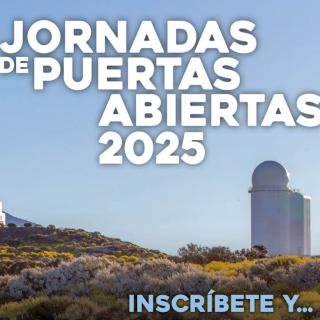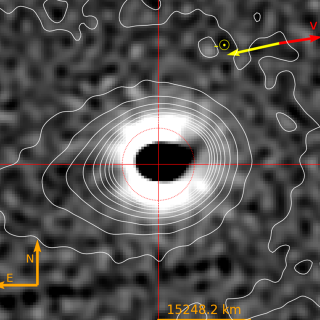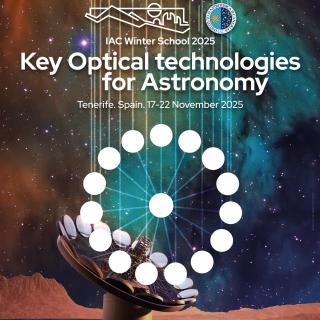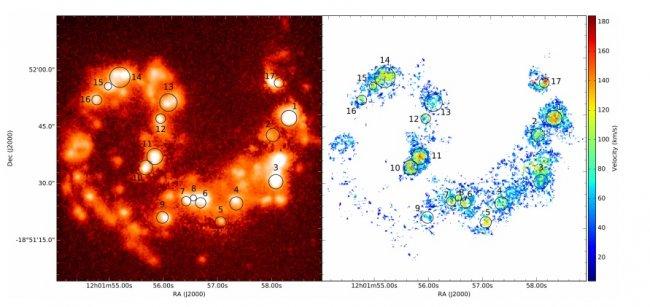It may interest you
-
 The Instituto de Astrofísica de Canarias (IAC) invites the public to visit the Teide Observatory (Izaña, Tenerife) during the weekend of 21 and 22 June, coinciding with the week of the summer solstice. The activity is part of its Open Days, a free science outreach initiative organised by the Observatory itself together with the IAC's Scientific Communication and Culture Unit (UC3). Over two days, those attending will be able to tour some of the most important scientific facilities at the centre, learn how they work from the technical and research staff, and make live solar observations. EachAdvertised on
The Instituto de Astrofísica de Canarias (IAC) invites the public to visit the Teide Observatory (Izaña, Tenerife) during the weekend of 21 and 22 June, coinciding with the week of the summer solstice. The activity is part of its Open Days, a free science outreach initiative organised by the Observatory itself together with the IAC's Scientific Communication and Culture Unit (UC3). Over two days, those attending will be able to tour some of the most important scientific facilities at the centre, learn how they work from the technical and research staff, and make live solar observations. EachAdvertised on -
 The discovery, made in collaboration between the IAC Solar System Group and Light Bridges, reveals the rotation period of comet 3I/ATLAS The Two-metre Twin Telescope (TTT) has made a pioneering discovery in astronomy: the first detection of a jet of gas and dust and its periodic modulation in an interstellar comet, 3I/ATLAS. The study, published in the journal Astronomy & Astrophysics, provides the first evidence of localised activity from an interstellar nucleus, offering unique insight into the nature of a celestial body that formed outside our Solar System. An extraordinarily normalAdvertised on
The discovery, made in collaboration between the IAC Solar System Group and Light Bridges, reveals the rotation period of comet 3I/ATLAS The Two-metre Twin Telescope (TTT) has made a pioneering discovery in astronomy: the first detection of a jet of gas and dust and its periodic modulation in an interstellar comet, 3I/ATLAS. The study, published in the journal Astronomy & Astrophysics, provides the first evidence of localised activity from an interstellar nucleus, offering unique insight into the nature of a celestial body that formed outside our Solar System. An extraordinarily normalAdvertised on -
 The Canary Islands Institute of Astrophysics (IAC) is organizing the XXXVI Canary Islands Winter School of Astrophysics , which will be held in San Cristóbal de La Laguna (Tenerife) from November 17 to 22, 2025. Under the title "Key Optical technologies for Astronomy", the school will focus on cutting-edge optical and algorithmic technologies that will define the future of Astrophysics. This edition, led by Professors Jeff Kuhn (University of Hawaii and IAC) and Rafael Rebolo (IAC), will involve approximately 35 advanced Master's students, doctoral candidates, and early-career postdoctoralAdvertised on
The Canary Islands Institute of Astrophysics (IAC) is organizing the XXXVI Canary Islands Winter School of Astrophysics , which will be held in San Cristóbal de La Laguna (Tenerife) from November 17 to 22, 2025. Under the title "Key Optical technologies for Astronomy", the school will focus on cutting-edge optical and algorithmic technologies that will define the future of Astrophysics. This edition, led by Professors Jeff Kuhn (University of Hawaii and IAC) and Rafael Rebolo (IAC), will involve approximately 35 advanced Master's students, doctoral candidates, and early-career postdoctoralAdvertised on
